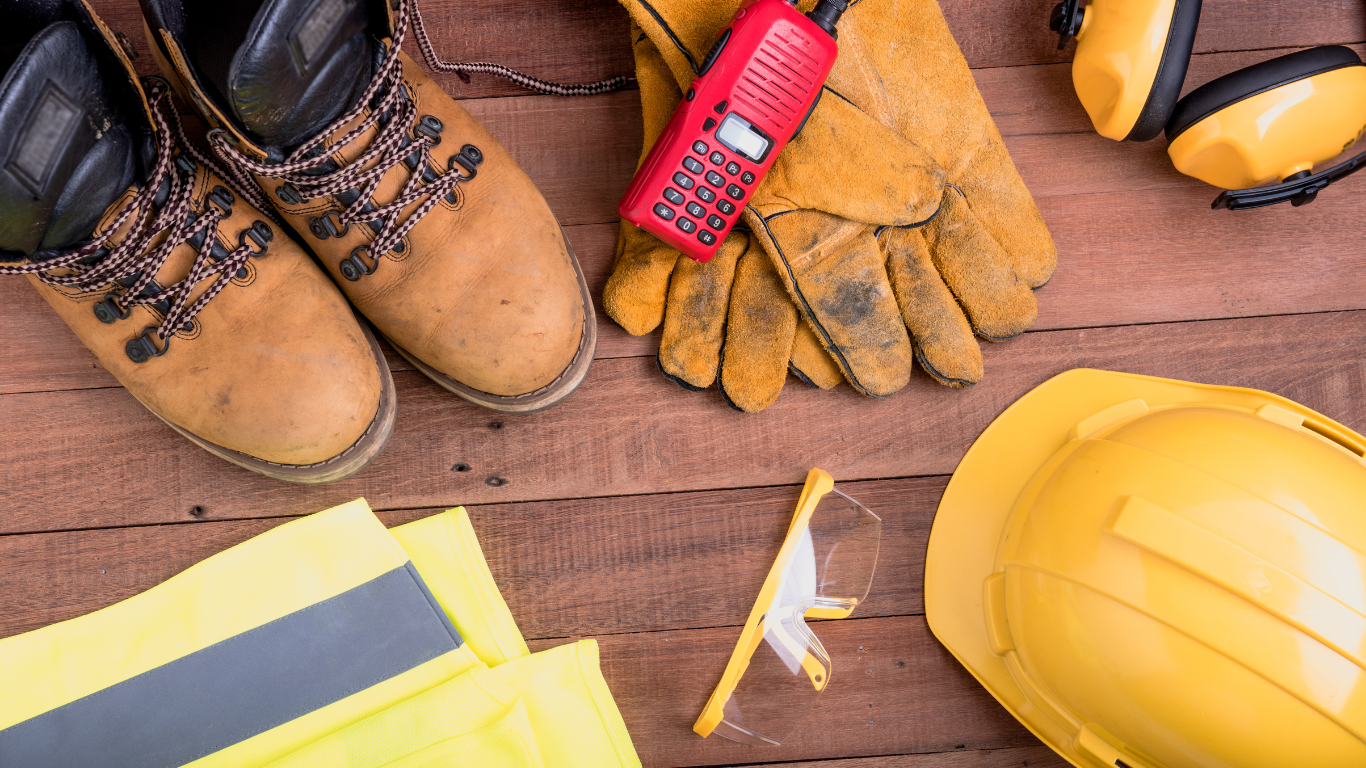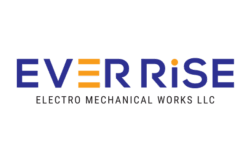
In Dubai’s rapidly growing construction sector, safety and compliance standards play a crucial role in ensuring the successful completion of projects. Mechanical, Electrical, and Plumbing (MEP) contracting firms are at the heart of these projects, providing essential services that support the functionality and safety of buildings. Adhering to stringent safety and compliance standards is not just a legal obligation but also a critical component of project success and reputation for MEP firms operating in Dubai.
Understanding Safety Standards in MEP Contracting
Safety standards in MEP contracting are designed to minimize risks and protect both workers and building occupants. In Dubai, these standards are enforced by various regulatory bodies, including the Dubai Municipality, Trakhees, and the Emirates Authority for Standardization and Metrology (ESMA). MEP contracting firms must adhere to these standards to ensure that their operations do not compromise the safety of the project.
Key Safety Regulations
-
Worker Safety Protocols: MEP firms must implement comprehensive safety protocols to protect their workers from potential hazards. This includes providing personal protective equipment (PPE), conducting regular safety training, and ensuring that all machinery and tools are in good working condition.
-
Site Safety Management: Effective site safety management involves regular inspections, risk assessments, and the implementation of safety measures to prevent accidents. This also includes emergency preparedness, with clear procedures for dealing with incidents such as fires or electrical failures.
-
Electrical Safety Standards: Electrical safety is a significant concern in MEP contracting. Firms must comply with regulations regarding the installation, testing, and maintenance of electrical systems to prevent fires, shocks, and other hazards.
-
HVAC and Plumbing Safety: HVAC and plumbing systems are critical components of any building. MEP contractors must ensure that these systems are installed and maintained according to the highest safety standards to prevent issues such as leaks, poor ventilation, and system failures.
Compliance Standards in Dubai’s MEP Sector
Compliance with local and international standards is mandatory for MEP contracting firms in Dubai. Non-compliance can result in hefty fines, project delays, and even legal action. Therefore, understanding and adhering to these standards is essential for any MEP firm operating in the region.
Regulatory Bodies and Compliance Requirements
-
Dubai Municipality (DM): The Dubai Municipality sets out various regulations related to construction, including those that affect MEP works. These regulations cover aspects such as fire safety, energy efficiency, and environmental protection.
-
Trakhees: Trakhees is responsible for ensuring that construction projects within its jurisdiction comply with Dubai’s building codes and standards. MEP contractors must obtain necessary permits and approvals from Trakhees before commencing work.
-
Emirates Authority for Standardization and Metrology (ESMA): ESMA sets out standards for products and systems used in MEP works, including electrical components and HVAC systems. Compliance with ESMA standards ensures that the materials and systems used in MEP works meet the necessary safety and quality requirements.
-
International Standards: MEP contracting firms in Dubai often adhere to international standards, such as those set by the International Organization for Standardization (ISO) and the National Fire Protection Association (NFPA). These standards provide a framework for best practices in safety and quality management.
The Importance of Safety and Compliance in MEP Contracting
Adhering to safety and compliance standards is not just about avoiding legal repercussions—it is also crucial for building trust with clients, protecting workers, and ensuring the long-term success of projects. MEP contracting firms that prioritize safety and compliance are more likely to deliver high-quality projects on time and within budget.
Benefits of Compliance
-
Risk Mitigation: Compliance with safety standards reduces the risk of accidents, injuries, and fatalities on-site, creating a safer working environment for all involved.
-
Client Confidence: Clients are more likely to work with MEP contractors who have a proven track record of compliance. This builds trust and leads to repeat business and positive referrals.
-
Enhanced Reputation: MEP firms that prioritize safety and compliance are seen as industry leaders, which can lead to greater opportunities and partnerships.
-
Legal Protection: Adhering to regulatory requirements protects MEP firms from legal issues that can arise from non-compliance, including fines, penalties, and lawsuits.
Safety and compliance standards are fundamental to the success of MEP contracting firms in Dubai’s construction sector. By adhering to these standards, MEP firms can ensure the safety of their workers, the quality of their projects, and their long-term success in a competitive market. As Dubai continues to grow and develop, the importance of these standards will only increase, making them an essential focus for all MEP contractors in the region.
